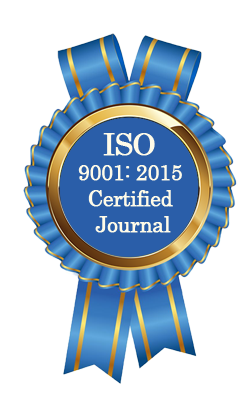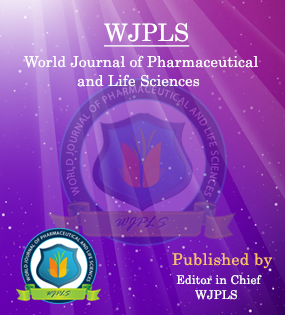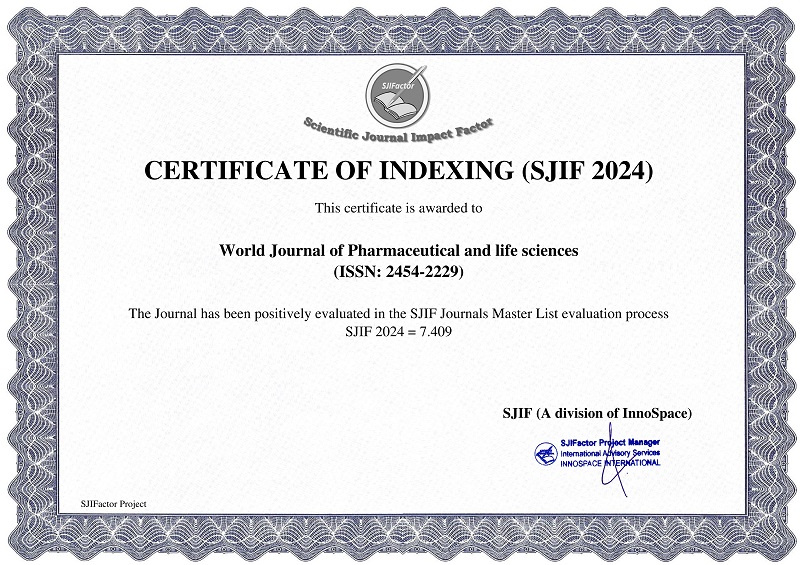Abstract
AGNI AS PITTA IN AYURVEDA
Dr. Ambika Bali*
ABSTRACT
The ayurvedic concept of fire or agni is critically important to our overall health. Agni is the invariable cause in the process of Paka (digestion, transformation). Ingested food is to be digested, absorbed and assimilated, which is inevitable for the maintenance of life, and is executed by the Agni. Different examples are available in our classics to indicate that Pitta is the same as Agni. Agni is countless because of its presence in each and every paramanu of the body. But, the list of the number of Agni varies in various classical Ayurvedic texts. According to the functions and site of action, Agni has been divided into 13 types, i.e. one Jatharagni, five Bhutagni and seven Dhatvagni. Jatharagni is the most important one, which digests four types of food and converts it into Rasa and Mala. The five Bhutagnis act on the respective bhutika part of the food and thereby nurture the Bhutas in the body. The seven Dhatvagni act on the respective dhatus by which each Dhatu is broken into three parts. In this way, the entire process of transformation consists of two types of products - Prasad (essence) and Kitta (excrete). The former is taken for nourishment while the latter one is thrown out, which otherwise defiles the body if it stays longer.This resource is meant to help you understand why agni is so important, to learn to recognize the signs and symptoms of both healthy and impaired agni, and to direct you to some practical tools for tending to your own agni.
[Full Text Article] [Download Certificate]WJPLS CITATION 
| All | Since 2020 | |
| Citation | 590 | 424 |
| h-index | 12 | 10 |
| i10-index | 17 | 14 |
INDEXING
NEWS & UPDATION
BEST ARTICLE AWARDS
World Journal of Pharmaceutical and life sciences is giving Best Article Award in every Issue for Best Article and Issue Certificate of Appreciation to the Authors to promote research activity of scholar.
Best Article of current issue
Download Article : Click here





